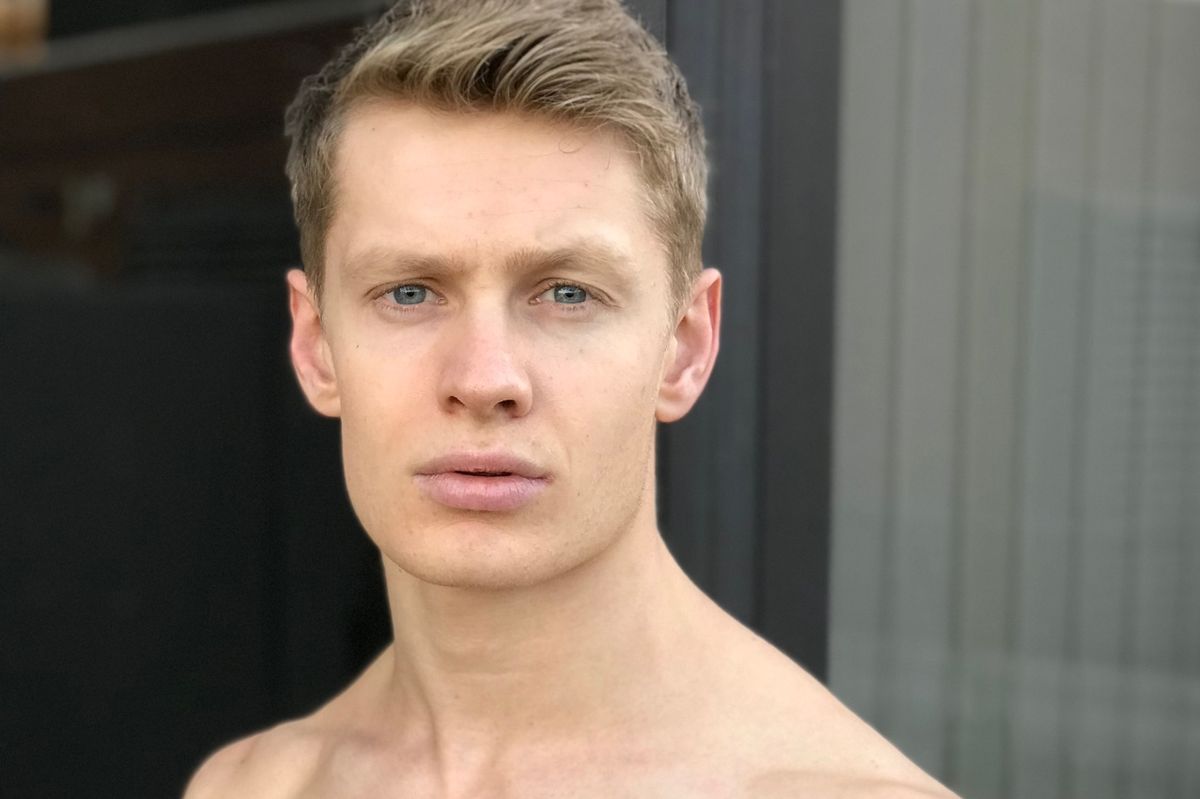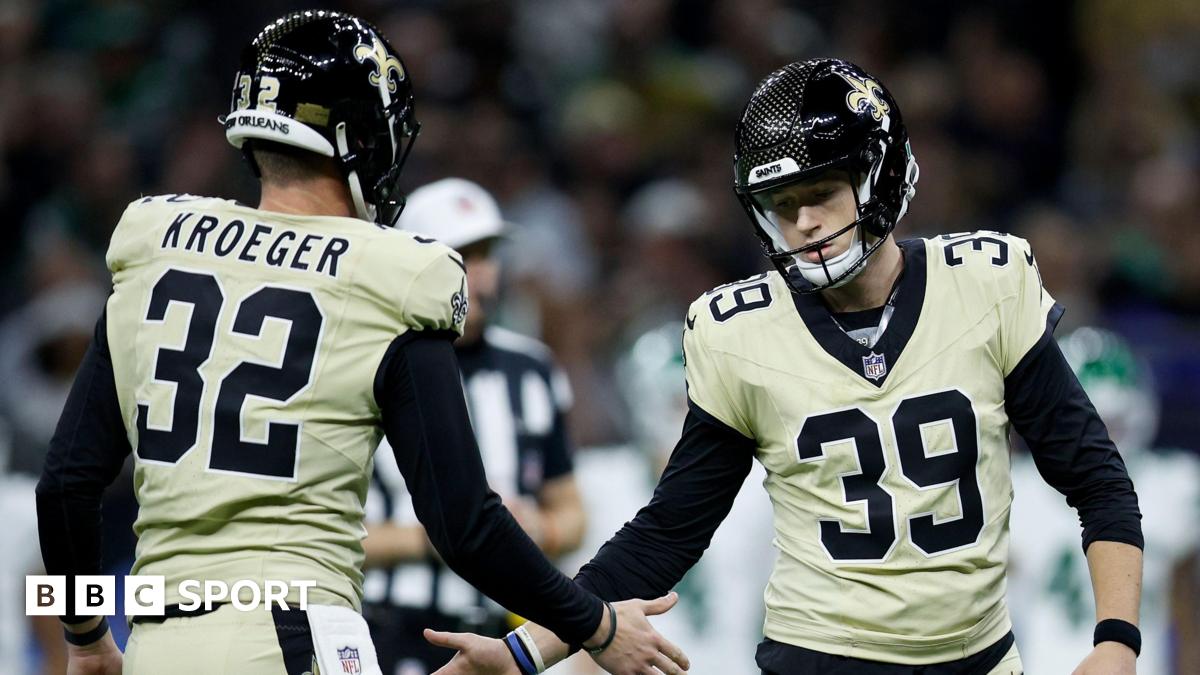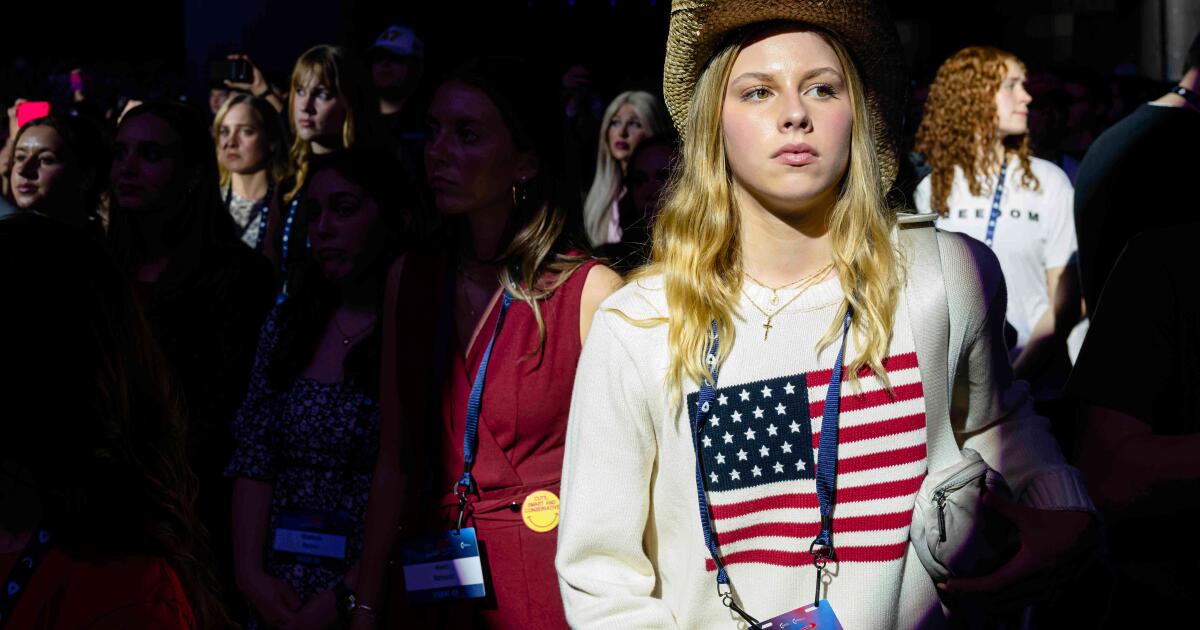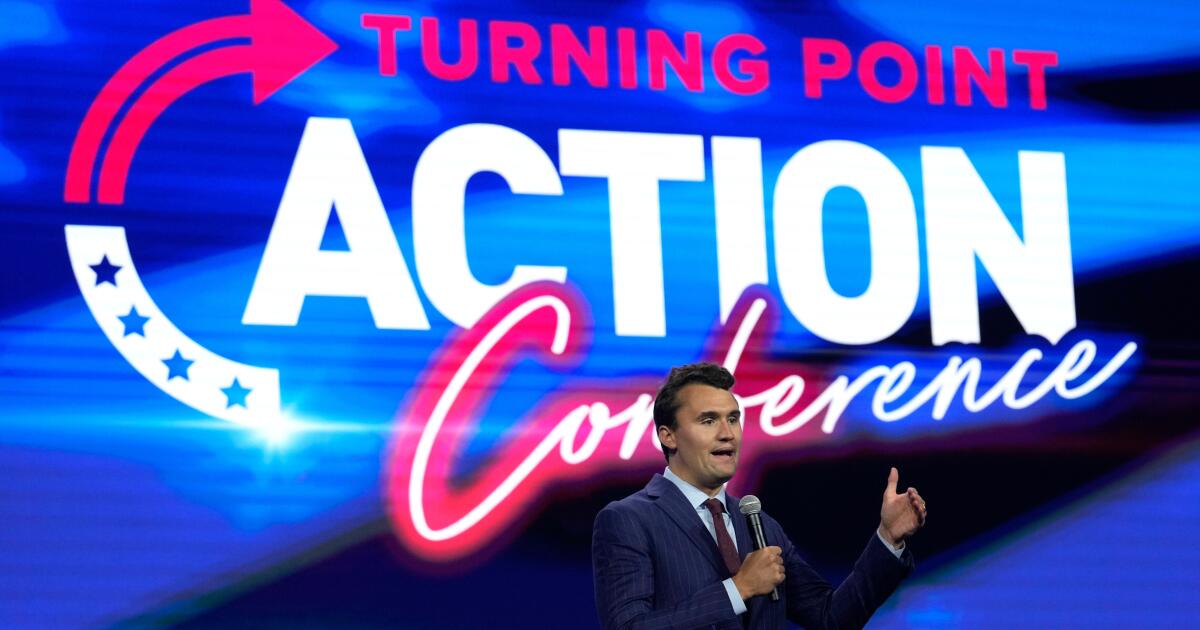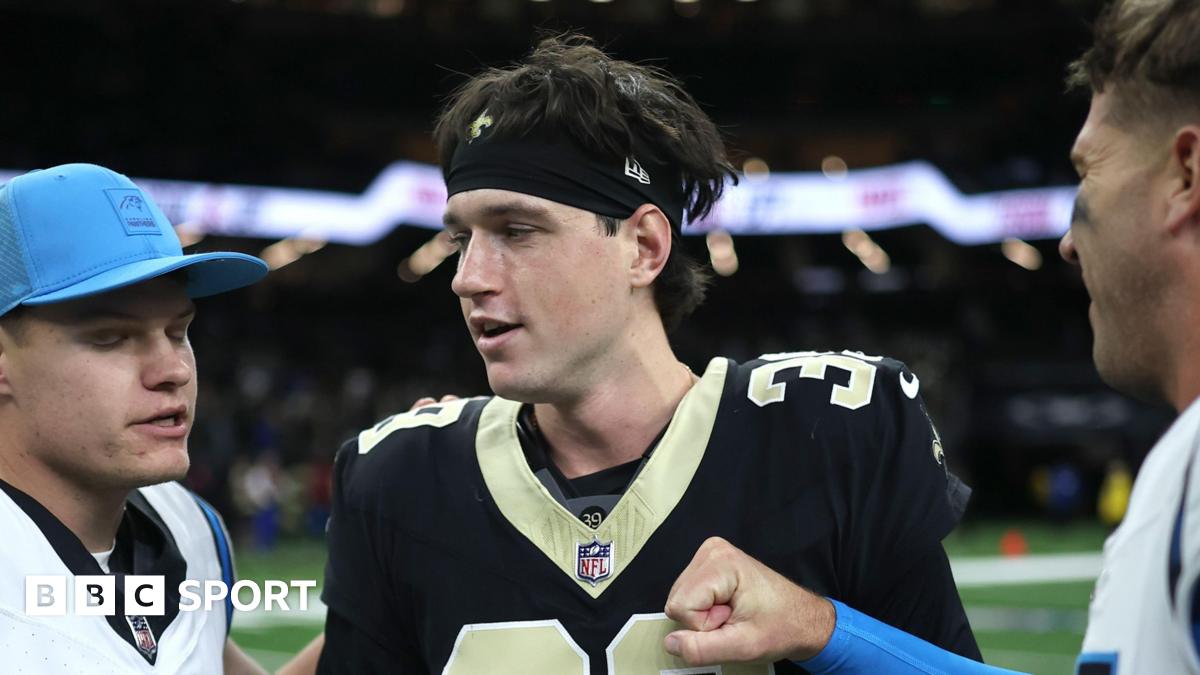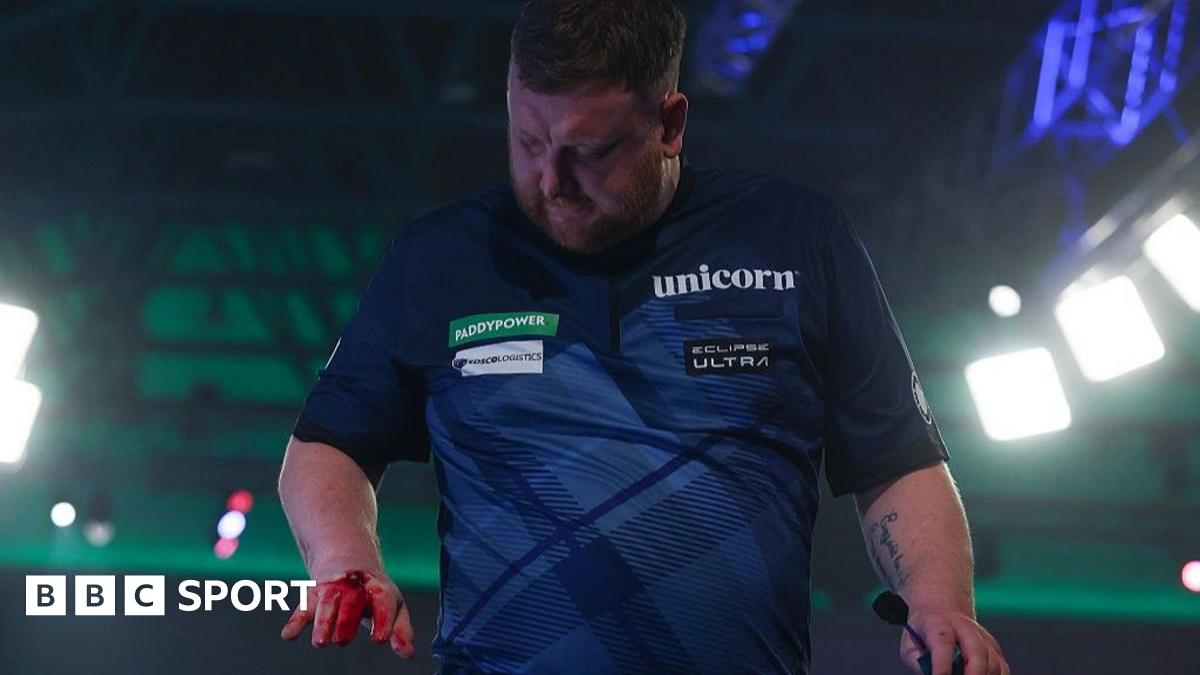Charlie Frederick has reportedly signed up for Love Island: All Stars, eight years on from when he briefly appeared on the regular edition of the ITV2 dating show
Charlie Frederick has reportedly signed up for Love Island: All Stars. The reality star, 29, initially appeared briefly on the 2018 edition of the ITV2 dating competition, where he was coupled up with Hayley Hughes for a matter of days before being dumped from the famous villa.
Now, it’s thought that Charlie, who also appeared on Made in Chelsea as the best friend of Sam Holmes, is set to make a return to the villa after being persuaded by bosses to take part in the spin-off, which brings back memorable characters from the regular version of the series.
This year, the ITV dating show has had a huge format shake-up, with singletons heading out to South Africa for six weeks, rather than five as has been the case in previous years.
READ MORE: Love Island’s Charlie Frederick takes swipe at ex Lucie Donlan as she heads into villaREAD MORE: Love Island stars unrecognisable from villa days – Dom Lever to Hayley Hughes
A source told The Sun: “Charlie’s been in the gym nonstop since he spoke to bosses about returning to the show. He went too early when he was on the 2018 series, the first time – this time he wants to find love!”
Following his initial stint on Love Island, Charlie claimed he would have progressed further in the competition had he not been coupled up with Hayley, and she described him as “bitter” after hearing his comments. Then, during an appearance on ITV’s Lorraine, the pair refused to sit with each other in the studio. At the time, Charlie explained: “We’re fine, we’re just frosty cause I’m a bit gutted to be honest. You just want to get your own piece across.
“I’m bitter and angry, not to her; I can’t hold a grudge. It is what it is. I feel like I’ve been hard done by, and my chance has been taken away from me. It was so much fun, I’m missing it.” Lorraine, who was visibly sensing the awkwardness, then jokingly told Charlie to “go away” so Hayley could come in. Charlie said it was “so awkward” as he gestured with his arms while walking out of the studio.
Hayley then appeared from the other side to avoid walking past Charlie. On her relationship with Charlie, she said: “Maybe near the end, I was a bit cold. I think that is something I need to work on. If I’m not interested in someone or can’t see it going any furthe,r I pull away.” After splitting from Hayley, Charlie had a relationship with Instagram model Natalie Clowes.
Insiders recently claimed that villa bombshell Yasmin Pettet is set to let the cameras follow her all over again, and she is currently being considered for a return to the villa when All Stars comes back to screens early next year, following her split from Jamie Rhodes. A source said: “ITV bosses are already starting to approach ex Islanders and they knew from the moment Yas stepped into the villa, she’d make the perfect ‘All Star’ – she’s one of the most controversial bombshells in the show’s history and will have absolutely no issue shaking up the villa for the second time, or treading on people’s toes.
“Now things are over with Jamie; she’s in very early, tentative talks. She’s not sure if going back to the show would be the right move, but she’s had loads of offers
Ciaran Davies finished runner-up with then-girlfriend Nicole Samuel, but they called it quits in December 2024. Bosses are now keen to get the Welsh hunk on board, although he is in the very early stages of negotiations right now.
Prior to that, it was reported that Jess Harding, who won series 10 of the regular series alongside Sammy Root, is also in talks lined up for the next competition, when it kicks off in South Africa next year.
Alima Gagigo is also said to be in meetings with bosses about a comeback, just weeks after she competed in series 12 of the programme and was dumped on Day 24. Andrada Pop, who was a bombshell in Casa Amor earlier this year, has also been approached by producers.
Single Islanders from across the 10 years of the show will return to the famous Villa in South Africa, but this time they’ll be in the villa for six weeks instead of five.
Speaking on the renewal, Mike Spencer-Hayter, Creative Director at Lifted Entertainment, said: “Love Island: All Stars has quickly established itself as a stand-alone hit, keeping fans of the show gripped by iconic Islanders from the past 10 years returning for another chance to find love. We are very excited about series 3, and you can expect the twists and turns to continue in All Stars, after an incredible smash hit summer series.”
The second series of Love Island: All Stars aired earlier this year and was won by Gabby Allen and Casey O’Gorman. The series also saw the reunion of Ronnie Vint and Harriet Blackmore – but it didn’t come without complaints.
Join The Mirror’s WhatsApp Community or follow us on Google News , Flipboard , Apple News, TikTok , Snapchat , Instagram , Twitter , Facebook , YouTube and Threads – or visit The Mirror homepage.
